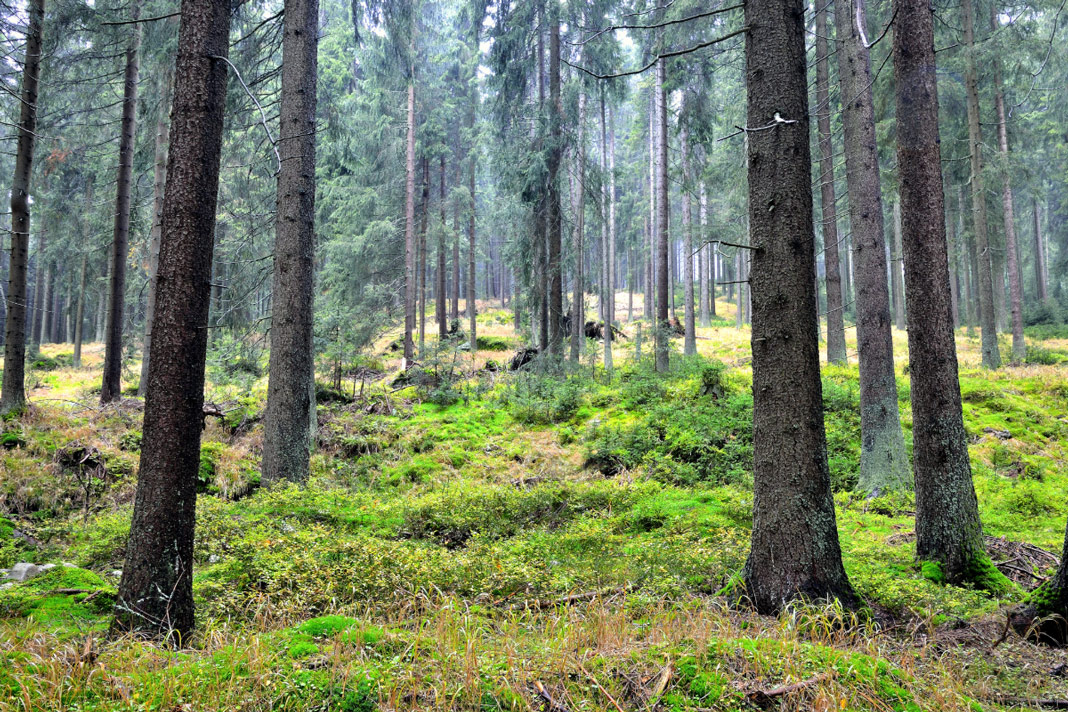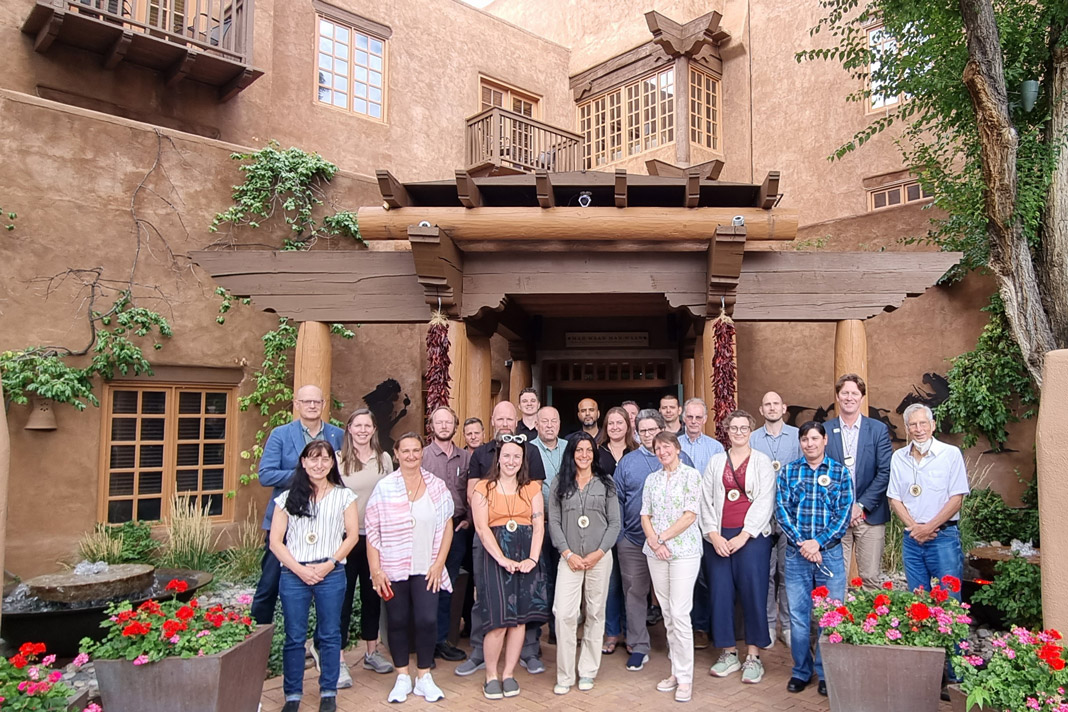European Forest Week 2008
On October 20th - 24th, 2008, over 100 forest-related events were organized in 30 countries to celebrate the first European Forest Week. At regional level, a concentration of various events was organized jointly by the UN Food and Agriculture Organization (FAO), the UN Economic Commission for Europe (UNECE), the Ministerial Conference on the Protection of Forests in Europe (MCPFE) and the European Commission at the FAO headquarters in Rome on 21-24 October. The events were built around the 66th session of the UNECE Timber Committee and 34th session of the European Forestry Commission of FAO, participated by more than 400 participants from 45 countries. The purpose of the European Forest Week was to increase the visibility of forests and the forest sector, and raise awareness about their importance, as agreed by the fifth MCPFE Conference in Warsaw in November 2007.
The joint plenary sessions of the Timber Committee and the European Forestry Commission focused on adaptation of forests and forestry to climate change as well as the role of forests in contributing to energy supply and in conserving water resources. The two bodies also adopted a joint market statement following discussion on the main drivers of change in markets of wood-based products, such as increased use of forest biomass for energy and the green building movement.
In each day, the morning plenary sessions were followed by several parallel sessions, policy dialogues and side events to continue the discussion on various topics, such as forest law enforcement and governance, the new forest policy of the Russian Federation, the role of wood products in climate change mitigation, and adaptation of forest trees to climate change. Further details on the discussions and outcomes of the European Forest Week are presented in a summary report published by the International Institute for Sustainable Development (IISD).
On October 21st, 2008, Bioversity International organized a side event on adaptation of forest trees to climate change to highlight the importance of forest genetic resources in this process and to promote the work done in the context of EUFORGEN and the EUFGIS and EVOLTREE projects. The side event was chaired by Jarkko Koskela (EUFORGEN Coordinator) who also presented the recommendations of the earlier workshop on climate change and forest genetic diversity, held in 2006 as part of the MCPFE Work Programme.
Bruno Fady (INRA-Avignon, France) then presented how trees can acclimatize, adapt and migrate as a response to environmental changes and what is known on the evolution of forest trees during the past 12,000 years.
The second invited speaker was Jason Hubert (Forestry Commission, UK) who focused on the challenge of providing managers advice on how to use forest genetic resources in the face of climate change how to use forest genetic resources in the face of climate change. He also discussed different options forest managers can deploy to manage the risks and uncertainties in this regard .
Bioversity International also set up a booth at FAO to distribute publications and display posters of EUFORGEN, EUFGIS and EVOLTREE.










